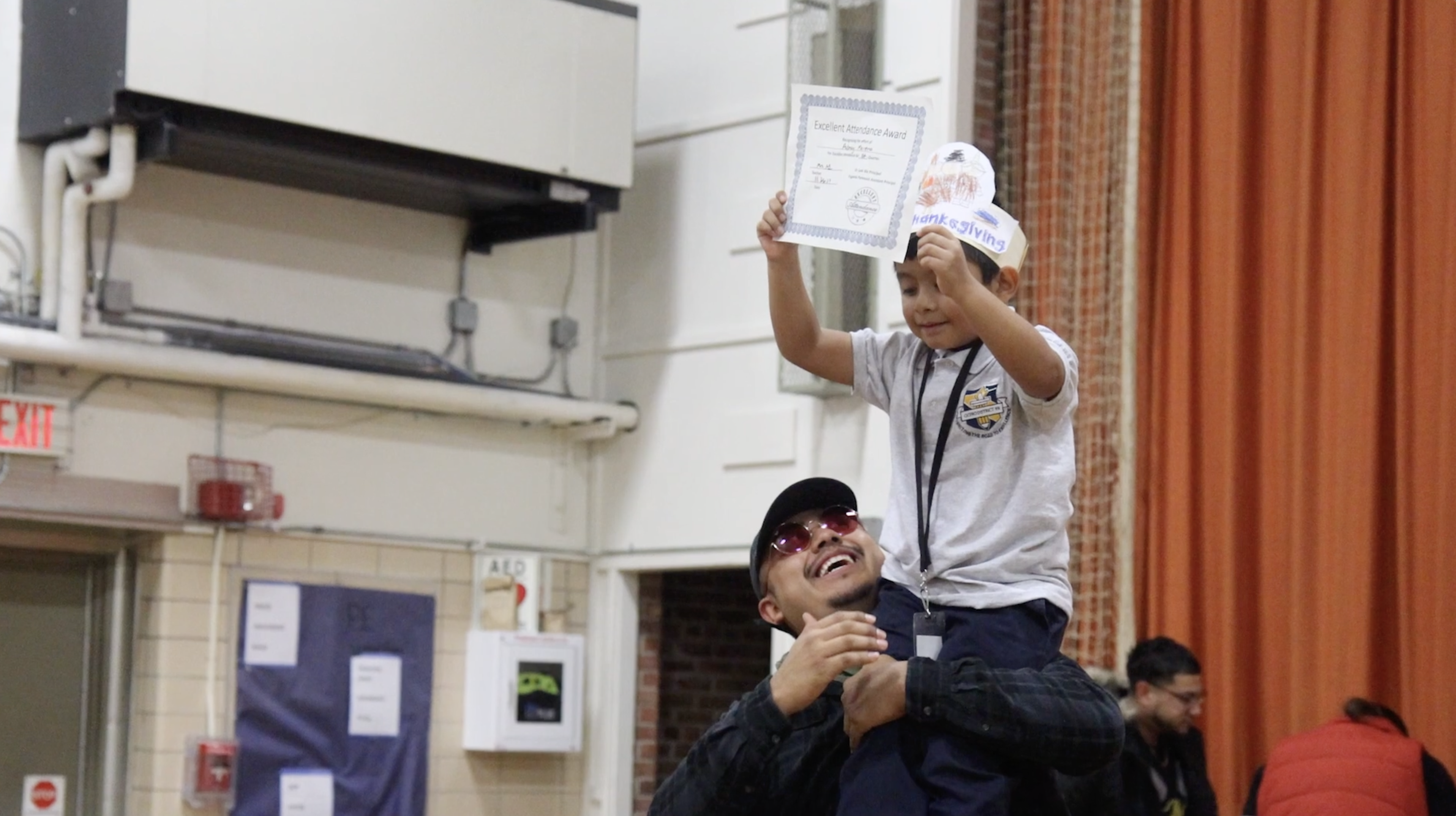MTSS Framework at Cicero Public Schools: A Holistic Approach to Support
At Cicero Public Schools (D99), student success is about more than just academics—it’s about educating the whole child. Through a Multi-Tiered System...
4 min read
Care Solace Mar 2, 2023 12:12:00 PM

“Parenthood doesn’t come with an instruction manual.” When your child is struggling with their mental health, you feel the truth of this saying like never before. Not knowing what to do can be pretty scary when your child is hurting. Your child may not want to talk to you about what they’re experiencing, so you may be trying to evaluate their needs based only on guesses.
When it’s clear to you that professional interventions are necessary — even if you're not sure what kind or by whom — don’t panic, Getting your child the mental health support they need is possible and you will figure it out. Take a deep breath. And bear these 3 things in mind as you begin to make decisions for your child’s mental health care.
1. Recognize That Your Child Is Not Broken
Try to see through the surface of your child’s behavior and demeanor to the truth underneath. A change in appetite, dropping grades, decreased interest in friends and activities: These are a few of the ways children say “I need help.” These behaviors are SOS signals, not evidence that your child is “broken.”
As you respond to their SOS signals, you’re probably feeling a host of emotions, like fear, sadness, frustration, even anger. It’s ok. But you’ll stay calmer and clearer if you remember:
2. Lean On Your Closest Resources: School Counselors
Here’s the good news: Help is right down the school hallway. School counselors are trained to respond to students’ social-emotional needs3, not just their academic goals. They are intimately familiar with a wide range of mental health issues and can reassure you that what your child is experiencing is not unique or abnormal.
Counselors are part of a larger school support system and have relationships with school psychologists, social workers, and nurses. They can help you decide what needs to be done immediately and whether your child needs additional support outside of what the school can offer.
School counselors can also help your child get through the school day successfully. Schools like Yosemite Middle School in Fresno, CA4, have “safe spaces” for students to “process trauma, build healthy coping skills, and resolve conflicts” with counselors or peers. Yosemite’s “Bear Cave” is equipped for relaxation and fun, too, with things like art supplies and games.
Even if your child’s school doesn’t have a designated safe space, the counselor’s office may be a good place for your child to feel secure.
3. Advocate for More Mental Health Support When Needed
Unfortunately, many school counselors are overwhelmed as they manage large caseloads. The American School Counselor Association recommends a caseload of 250:1; the national average is 408:15. So despite their big hearts and good intentions, you might feel your child’s needs simply aren’t being met.
And the counselors aren’t the only ones with full plates. If you’ve decided your child needs support outside of what school offers, you’ll likely encounter waitlists. Many mental health care providers and programs are operating at or over capacity. You can spend hours researching online and making phone calls only to come up empty handed. When your child is in crisis, being put on a waitlist or calling dozens of phone numbers may not be acceptable to you.
Thankfully, you can advocate for your child in a way that is more efficient and less stressful. Ask your school district or city council about Care Solace — a mental health care coordination service. Care Solace partners with organizations to help people in need find the right help at the right time. Their Care Companion team will provide a hand to hold as they navigate the mental health care system on your behalf and find available providers for you. And the care coordination efforts will cost you (the parent) and the provider absolutely nothing.
Your school district or city may not know about Care Solace, but they’ll undoubtedly be enthusiastic about Care Solace’s ability to:
It’s true: There’s no instruction manual for parenting a child who is struggling with their mental health. But there are resources close-by. Don’t hesitate to reach out to your child’s school counselors, and advocate for Care Solace’s care coordination support if necessary. And most importantly, trust in your child’s resilience — and your own.
Footnote
1. Resilience guide for parents and teachers
3. How school counselors make a world of difference
4. This California school opened a safe space for students 12 years ago. Now the idea is spreading

At Cicero Public Schools (D99), student success is about more than just academics—it’s about educating the whole child. Through a Multi-Tiered System...

At Care Solace, we believe that healing and growth are possible even after the most challenging experiences. Today, we share the story of one...

When students don’t show up to school, it’s rarely about laziness or lack of care. For Oceanside Unified School District (OUSD), chronic absenteeism...